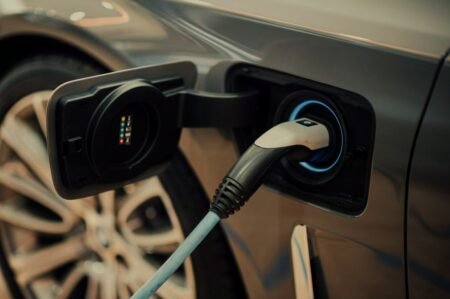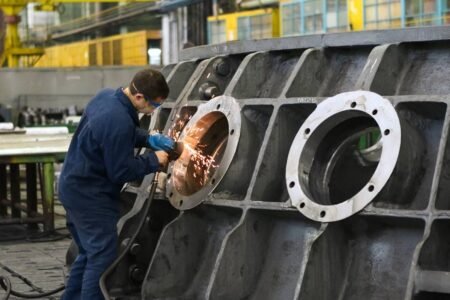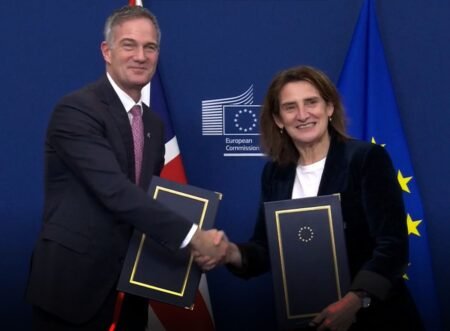— last modified 13 December 2016
EU countries could receive up to ?120 billion more for climate action through a strengthened Emissions Trading System (ETS) reform, WWF research reveals.
As MEPs prepare to vote on the reform proposal this week, the new webtool and report – commissioned from the Ecologic Institute by the EU LIFE-funded Maximiser project – show the impact their decisions can have on auctioning revenues and climate finance.
Under the European Commission’s proposal, polluting industries would still get free emissions allowances. But moving to full auctioning would generate much greater revenues for Member States, who should then be required to spend 100% of these revenues on renewables, energy efficiency and climate finance.
“For well over a decade the EU ETS has failed to achieve adequate emission reductions due to an ineffective carbon price signal. Real change is needed now for it to deliver climate benefits and become a crucial source of financing for the transition to a zero carbon Europe by 2050,” said Imke Lübbeke, Head of Climate and Energy at WWF European Policy Office.
“We need to cut carbon pollution far quicker in order to be in line with the Paris Agreement. But EU policymakers are considering giving mega-bonuses in the form of free allowances to polluting industries, instead of using pollution pricing to help reach a cleaner, safer planet! This is utterly surreal. We urge MEPs and Member States to fix the ETS and help maximise benefits for the climate,” said Sam van den Plas, WWF climate policy officer.
The MaxiMiseR project, delivered by WWF’s European Policy Office, finds that EU countries spent 85% of their ETS revenues on climate action from 2013-2015 – nearly ?10 billion. While considerably higher than the 50% envisaged by the ETS directive, more revenues can be generated – and used more smartly for the climate – by:
- Removing more surplus allowances from the market every year
- Phasing out free emissions allowances over time and moving to 100% auctioning
- Making sure EU countries spend 100% of their revenues on climate action.
Furthermore, just 9% of ETS auctioning revenues in 2013-2015 went to international climate action, according to Member States’ reports.
“It’s high time the EU took its international climate finance commitments seriously. A new EU international climate finance fund should be set up, funded by ETS auctioning revenues, to support developing countries in tackling climate change and its impacts. This would be a step towards the EU’s fair share of the $100 billion per year pledged by developed countries in Paris,” added Lübbeke.
The Maximiser project also calls for better templates for the reporting of ETS revenue spending, and regular quality checks by the European Commission, to ensure transparent and accessible information.







